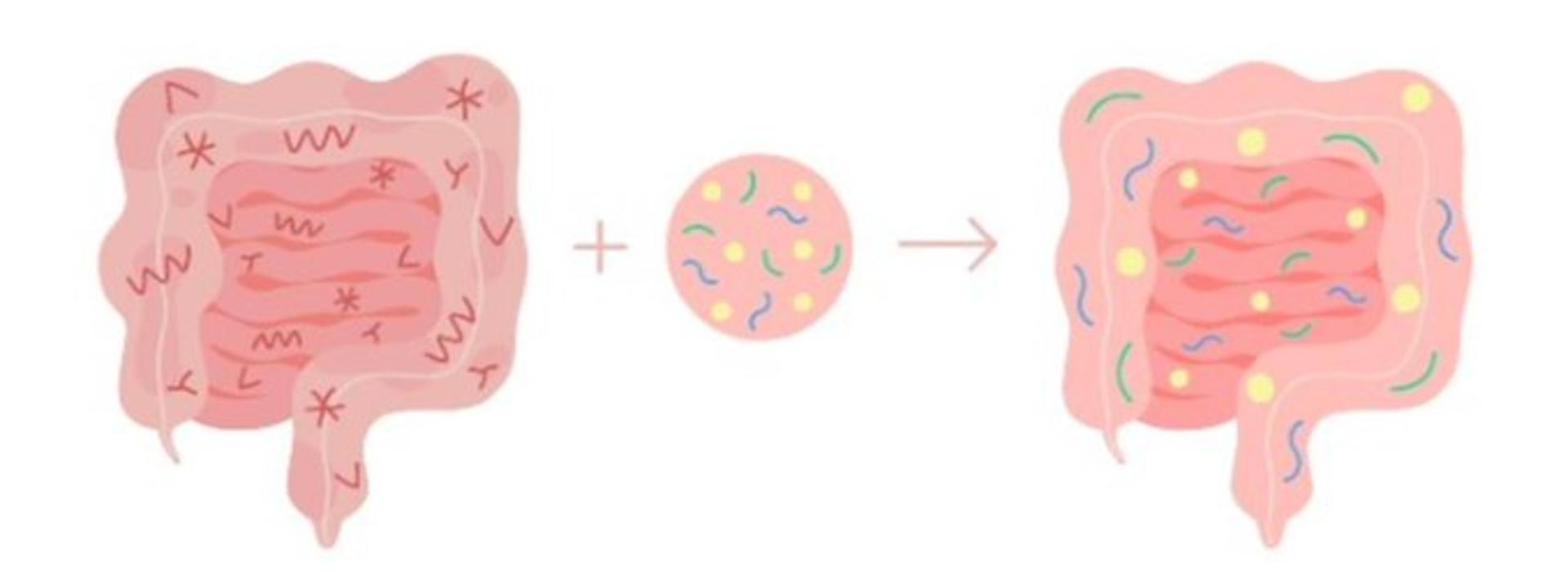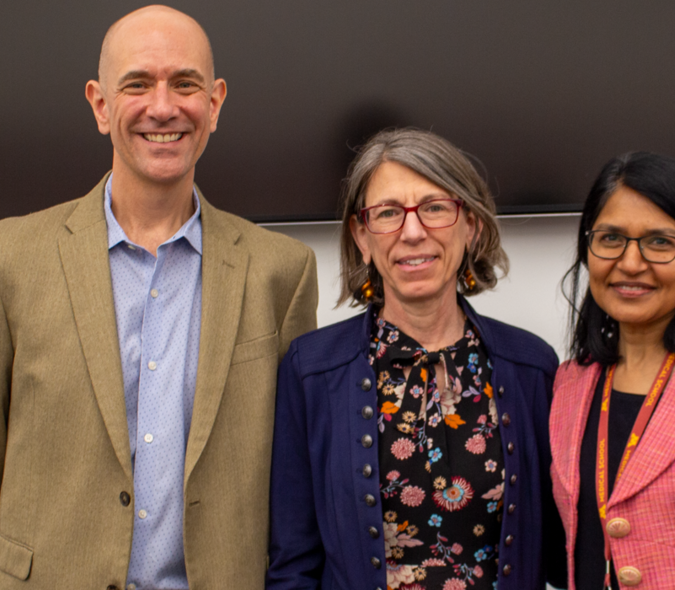
University of Minnesota-led study demonstrates safety of microbiota transplant therapy in stem cell transplant and leukemia patients
MINNEAPOLIS/ST. PAUL (07/06/2023) — Published in the Journal of Clinical Oncology, Dr. Alexander Khoruts, director of the University of Minnesota Microbiota Therapeutics Program with the Department of Medicine, led a study that demonstrated the safety of using microbiota transplant therapy (MTT) in patients with acute myeloid leukemia (AML) — a type of blood cancer — and recipients of hematopoietic cell transplantation (HCT).
Current treatment for patients with AML and who receive HCT includes powerful chemotherapy, which can damage their immune system and intestinal lining. Because of this, patients typically require antibiotics to fight and prevent infections. These antibiotics also kill healthy gut microbes, which may worsen treatment outcomes. The goal of MTT is to restore beneficial microbes in the recipient's gut.
“Microbiota transplants are classified as drugs by the U.S. Food and Drug Administration. However, they truly are an entirely different and new class of drugs, and we need to develop and understand their pharmacology. This requires standardized formulations and figuring out the optimal dosing regimens,” said Alexander Khoruts, MD, director of the University of Minnesota Microbiota Therapeutics Program.



